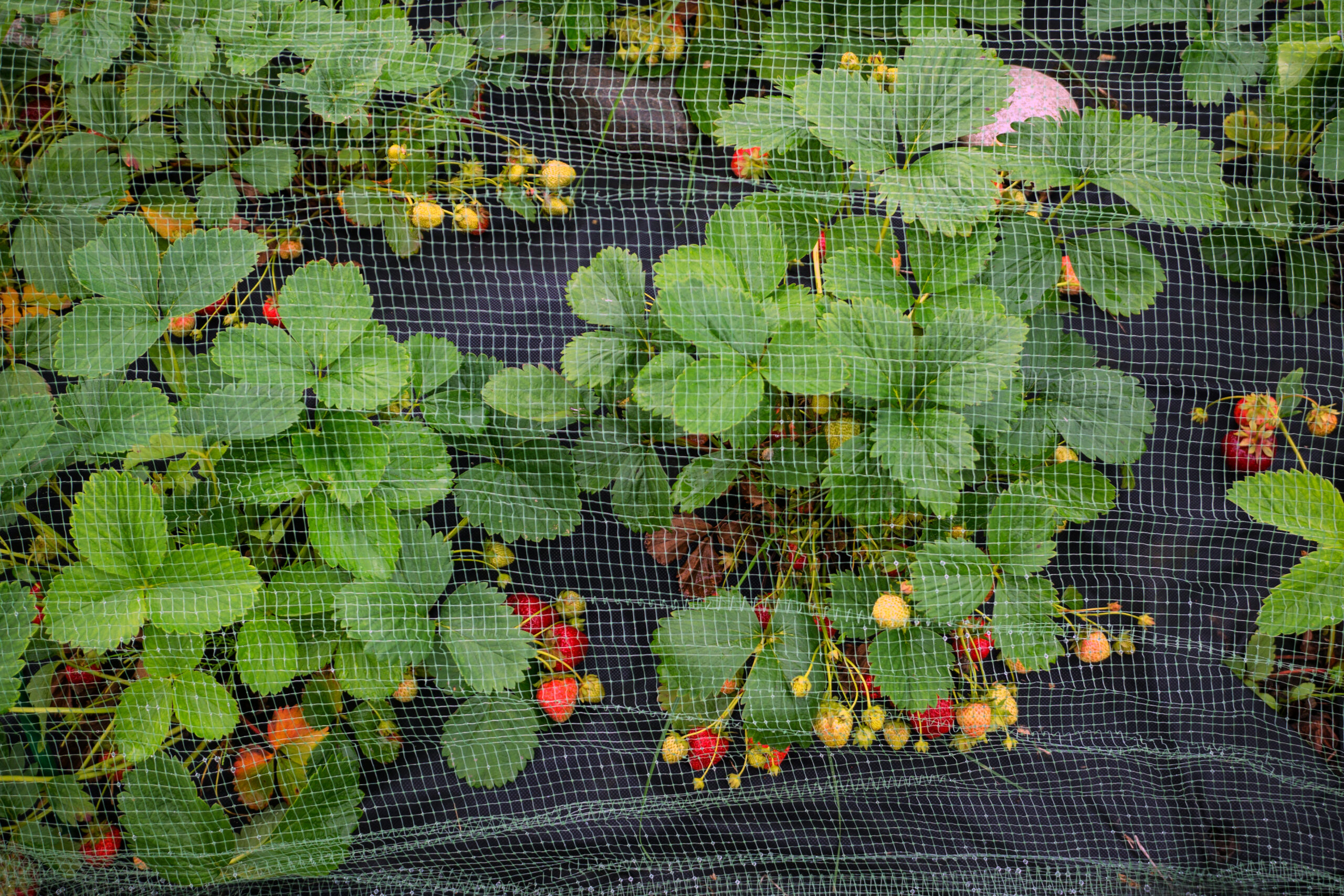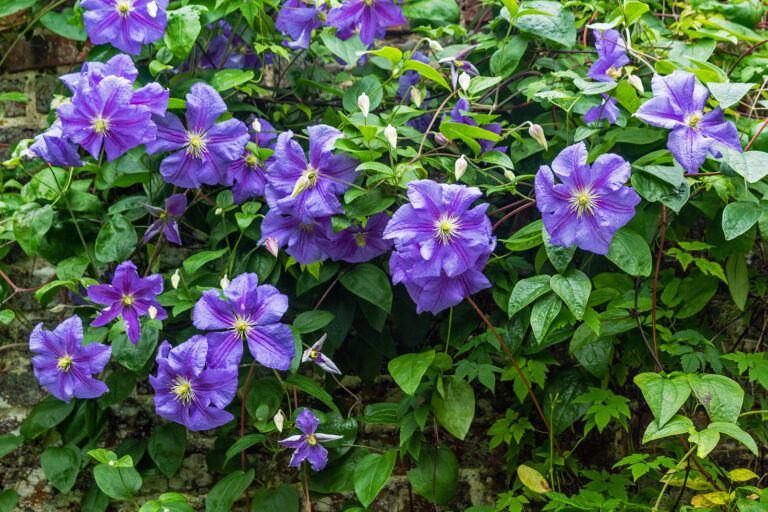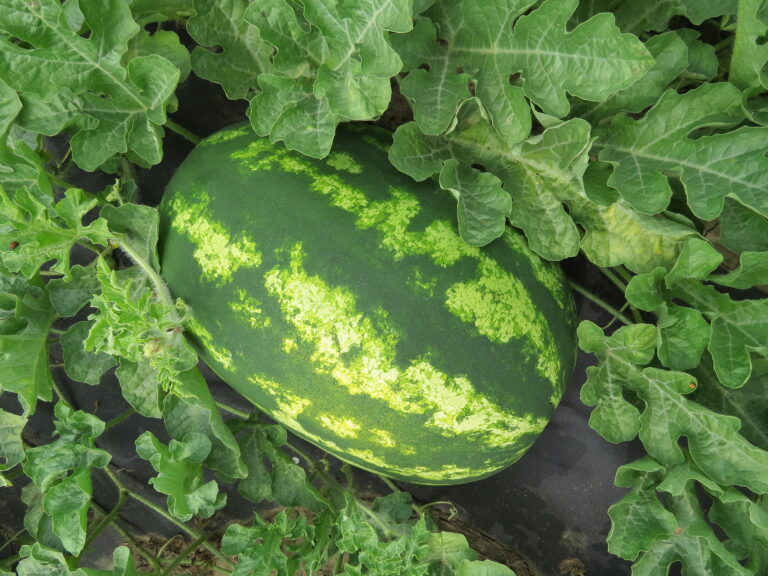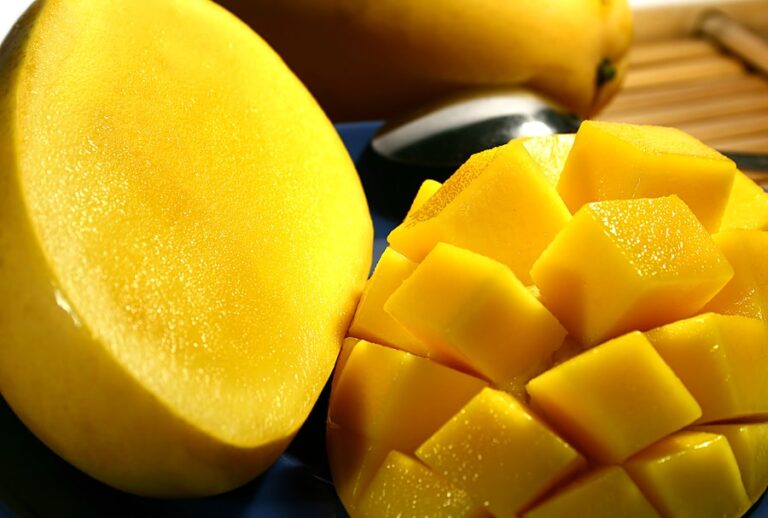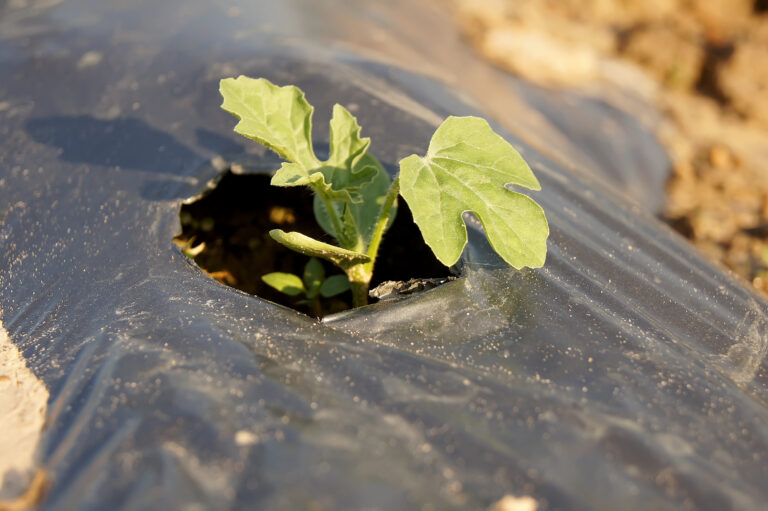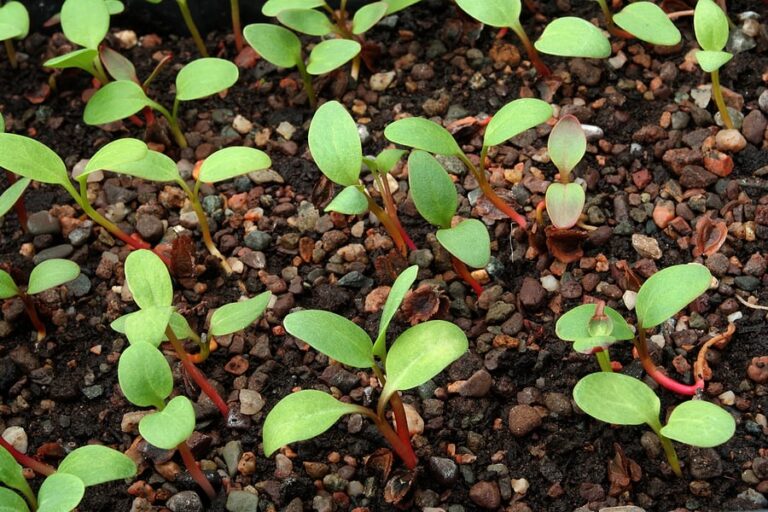Growing Strawberries Year-Round in Warm Climates: A Gardener’s Guide
Strawberries are more than just a spring treat—if you live in a warm climate, you can enjoy them nearly year-round with the right growing strategy. Having gardened in both Florida and California, I’ve learned how to work with long growing seasons, hot summers, and mild winters to keep my strawberry beds productive across all four seasons. Here’s how to make strawberries thrive, no matter what the calendar says.
🌱 Best Strawberry Varieties for Warm Winter Regions
In warm winter regions like Florida and Southern California, choosing the right strawberry varieties is key to keeping your garden productive year-round. One type I’ve had consistent success with is day-neutral strawberries.
Why Choose Day-Neutral Strawberries?
- They don’t rely on day length to flower and fruit, unlike June-bearing varieties.
- As long as temperatures stay above 50°F, they’ll continue producing berries through winter.
- I’ve grown day-neutrals successfully both outdoors under plastic tunnels and indoors in containers—a great option if your winters are unpredictable.
Recommended Day-Neutral Varieties:
- Albion – Sweet, firm berries; great for warm climates and extended seasons.
- Seascape – Consistent performer with large, juicy fruit.
- San Andreas – Heat-tolerant and high-yielding; perfect for Southern California.
- Evie-2 – Excellent for containers and mild winters; fruits even with limited sunlight.
🌟 Pro Tip: If you’re growing outdoors through winter, use a plastic tunnel or cloche to protect from sudden cold snaps and to maintain a warm microclimate for continued fruiting.
🍓 Comparing Strawberry Varieties for Warm Winter Growing
Variety Type Best For Key Features Notes Albion Day-Neutral Outdoor beds, tunnels, containers Large, firm, sweet berries; disease resistant; long season Performs well in high temps; good shelf life Seascape Day-Neutral Containers or raised beds Juicy, large fruit; reliable yield throughout the season Excellent flavor; handles heat well San Andreas Day-Neutral Garden beds in hot zones High-yielding; tolerant to heat and disease One of the best for warm coastal areas Evie-2 Day-Neutral Containers, indoors or out Compact plant; good for limited space; fruits even with lower light Ideal for mobile growing or balconies Quinault Ever-bearing Backyard gardens, extended seasons Soft but sweet berries; good yields in mild winters Can fruit into winter with protection
🛠️ Tips:
- Use plastic tunnels or cloches for outdoor winter protection.
- In containers, move plants indoors or to sheltered areas during cold snaps.
- Mix varieties to enjoy different textures and flavors throughout the season.
🌅 Late Summer & Fall: The Start of the Strawberry Season
Unlike in cooler regions, late summer is the ideal time to plant strawberries in warm zones. While nurseries might not stock them in fall, I often rely on rooted runners from friends or divide my own older plants.
- When to plant: Late August through September, when the soil is still warm but days begin to cool.
- How to plant: Use compost-rich, well-draining soil. Plant crowns at the same depth as before—too deep and they’ll rot, too shallow and they’ll dry out.
- Spacing: 12 inches apart to allow space for runner development.
- Watering: Water gently after planting and adjust if plants settle too deeply.
🍂 Fall & Early Winter: Strong Roots, Steady Growth
Fall and early winter are about establishing strong, healthy plants. With warm days and cool nights, strawberries grow vigorously during this time.
- Keep soil moist but not soggy—I water to a depth of 12 inches and let the soil dry out slightly before watering again.
- Compost is your best friend—add aged compost liberally around plants.
- If using commercial fertilizer, opt for one high in phosphorus and potassium to support root and flower development.
- Frost protection: In Florida and Southern California, frost is rare but not impossible. I use a simple plastic tunnel with wire hoops, covering with a blanket on cold nights.
🌼 Mid-Winter to Spring: Flowering, Fruiting & Harvest
By mid-winter, my strawberry beds are buzzing with activity—plants start flowering and setting fruit as days lengthen and temperatures warm.
- Add straw mulch under and around plants to keep fruit clean and prevent rot.
- Daily checks: I check plants every day once berries begin ripening. Pick berries when fully red, even if the tips are slightly white—they’ll sweeten off the vine.
- Pinch off runners unless you’re propagating new plants—this helps the parent plants focus on fruit production.
☀️ Summer: Keep Plants Cool & Healthy
When summer heat kicks in, strawberries need help to survive—especially in zones where temps regularly exceed 90°F.
- Shade the bed using 65% shade cloth or a thick layer of straw over both soil and plants.
- Water deeply (again, to 12 inches), but allow drying time between waterings to prevent mold and discourage pests like slugs and pillbugs.
- Reduce stress by removing older, weaker plants and focusing on maintaining your strongest stock.
🪴 Growing in Containers Year-Round
Container gardening is a game-changer, especially for small spaces or extreme climates.
- Choose containers at least 12–15 inches deep with good drainage.
- Use terra-cotta pots or strawberry towers with pockets for multiple plants.
- Move containers to protect from intense sun or frost as needed.
- Once flowering begins, feed weekly with a low-nitrogen, high-potassium fertilizer for best fruit development.
🌿 Final Thoughts: A Year-Round Strategy That Works
If you live in a warm climate, growing strawberries year-round is entirely possible—and incredibly rewarding. From late summer planting to mid-winter harvests and summer survival tactics, the key is understanding your local climate and adjusting your care accordingly. My own gardens in Florida and California have produced sweet, juicy berries well beyond the traditional season thanks to these simple but strategic steps.
🍓 Year-Round Strawberry Care Calendar (Warm Climates – Zones 9–10)
| Month | Tasks & Tips |
|---|---|
| August | ✅ Prepare garden beds or containers with compost-rich soil ✅ Source crowns or runners for late summer planting |
| September | ✅ Plant strawberries 12″ apart ✅ Water deeply to establish roots ✅ Apply mulch to retain moisture |
| October | ✅ Monitor watering—keep soil moist, not soggy ✅ Add compost or light fertilizer ✅ Shade if heat spikes return |
| November | ✅ Continue watering and light feeding ✅ Watch for frost; prep row cover or tunnel if needed |
| December | ✅ Use a plastic tunnel to protect from frost ✅ Vent tunnel on warm days ✅ Apply compost around plants |
| January | ✅ Flowering and early fruiting begin ✅ Water deeply and evenly ✅ Add straw mulch to keep fruit clean |
| February | ✅ Peak harvest begins! ✅ Feed with high-potassium fertilizer ✅ Harvest berries daily |
| March | ✅ Continue harvests ✅ Refresh mulch ✅ Remove weak runners or excess plants |
| April | ✅ Monitor for pests ✅ Pinch off new runners if not propagating ✅ Begin summer prep if temps rise |
| May | ✅ Replace aging plants ✅ Apply shade cloth or heavy straw layer ✅ Water deeply, less frequently |
| June | ✅ Maintain shade and mulch ✅ Avoid overhead watering ✅ Use container mobility to escape heat |
| July | ✅ Continue summer protection ✅ Reduce feeding ✅ Prep for late summer planting rotation |
🛠️ Tips:
- Rotate crops every 2–3 years for soil health.
- Keep containers mobile to avoid weather extremes.
- Choose heat-tolerant strawberry varieties for best results.
Related Posts:
🌱 Getting Started with Strawberries
- How to Grow Strawberries: A Complete Guide From My Garden to Yours
- Strawberry Planting Calendar: What to Plant and When
- How to Plant and Grow Strawberries
- How to Plant Strawberries: Step-by-Step
- Indoor Strawberry Starts: How and When to Begin
- Best Climate and Site for Growing Strawberries
🍓 Choosing Strawberry Varieties
- Strawberries: June-bearing vs Ever-bearing vs Day-neutral Varieties — What’s Best for Your Garden
- Strawberry Varieties by Region: The Best Picks for U.S. Gardeners
- June-Bearing Strawberry Varieties: A Complete Growing Guide
- Guide to Alpine Strawberries: Tiny but Tasty
- Growing Strawberries in Hot Summer Regions Including Best Varieties
🪴 Growing Techniques & Care
- Watering, Feeding, and Caring for Strawberries the Right Way
- Container Growing Strawberries: Space Saving Tips
- Propagating Strawberries from Runners
- Strawberry Problems Solved: Common Pests and Diseases—and How I Handle Them
🌞🌨️ Growing by Climate & Season
- Growing Strawberries Year-Round in Warm Climates: A Gardener’s Guide
- Fall and Winter Strawberry Care: Cold Climate Tips for Healthy Spring Growth
- Planning a Year-Round Strawberry Harvest
🍽️ Harvest & Enjoy

